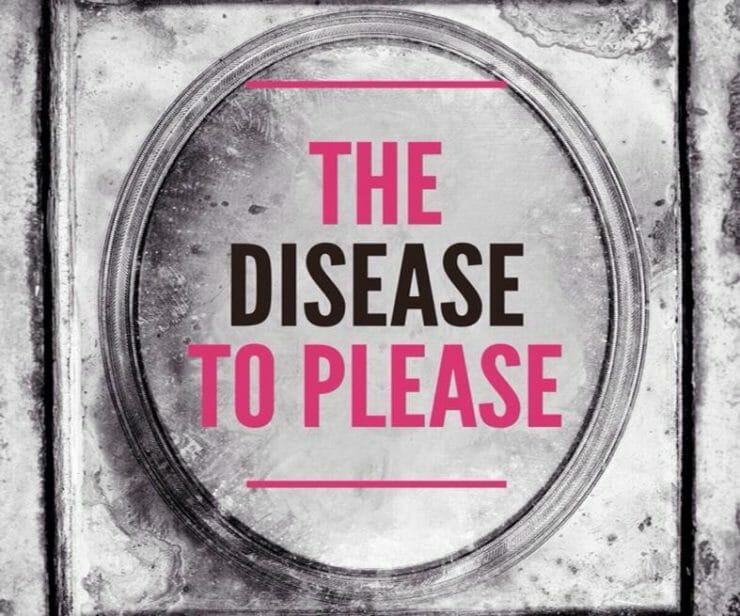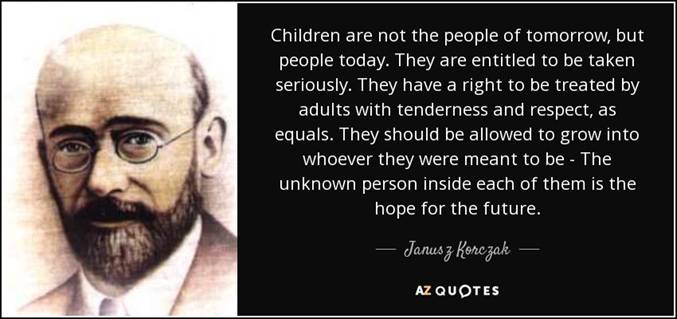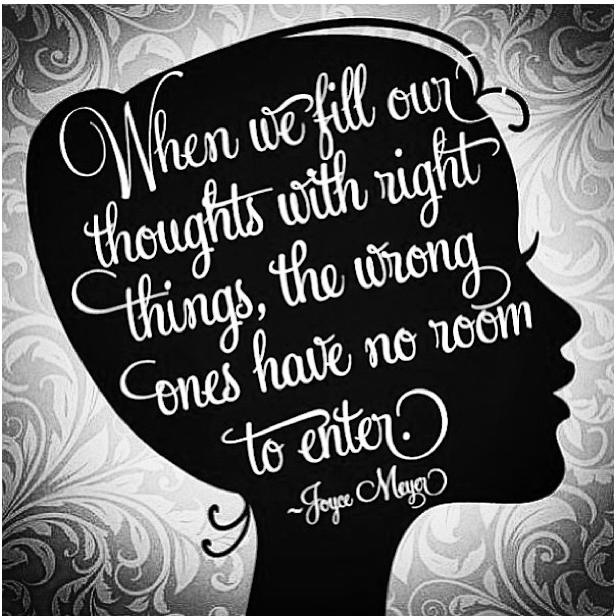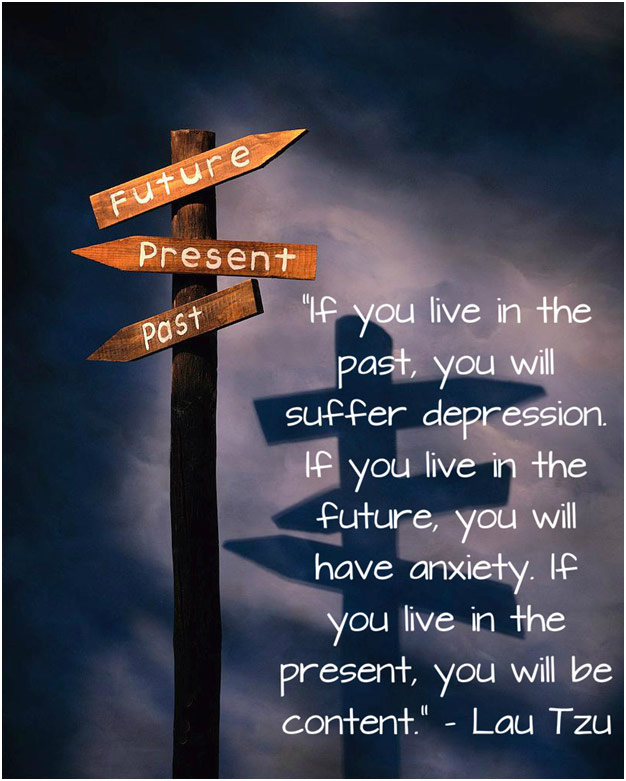
Children are affected strongly by their emotional state. When I work with children, I can see their performance decrease when they are emotionally preoccupied. Some kids are affected more and others less, but all of them drop in performance when they are down.
Kinesthetic children are typically affected more, because they are very sensitive to the people around them. These are the kids who can “sense” others around them and all they want is for “everyone to be happy and nice to each other”.
Children who are highly sensitive to pressure are at risk of developing “the disease to please” – dependence on external rewards and oversensitivity to pressure. It is the perception that other people’s feelings are so important that they trump your own.
In most cases, “the disease to please” comes from fear of rejection, which most people want to avoid. Many people have this disease and they got it during their childhood. We can say that this kind of disease is contagious and we catch it from our parents…















